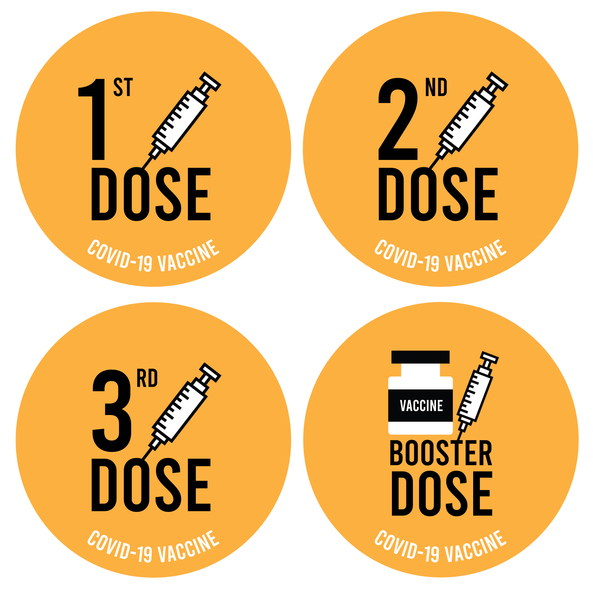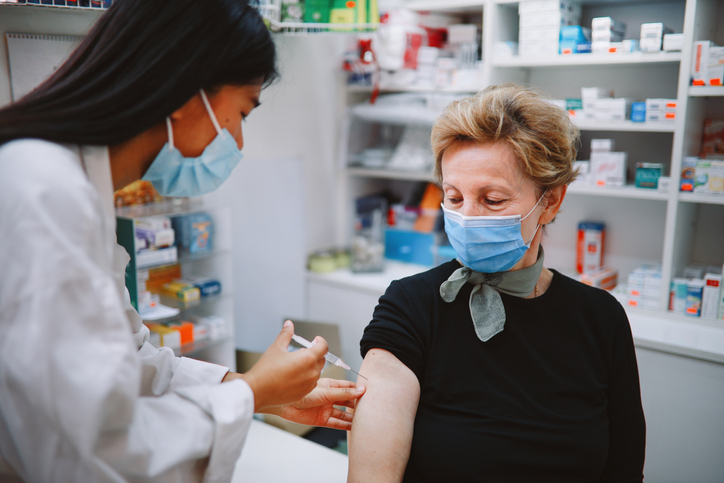News on coronavirus vaccines moves quickly. Let us help you cut through the confusion on what to know about third shots and boosters.
Simply put, an additional dose – or third dose – of the mRNA COVID-19 vaccine (Pfizer or Moderna) is intended to improve immunocompromised people’s response to their initial vaccine series. Alternatively, a booster dose is being recommended to people when the immune response to their primary vaccine series is likely to have decreased over time.

While both shots are additional doses of the mRNA COVID-19 vaccines (Pfizer and Moderna), they have different purposes and are intended for different groups of people.
Third Doses Are for Immunocompromised
The CDC has issued guidance that those who are immunosuppressed receive a third dose of the same brand of COVID-19 vaccine they initially received, either Pfizer or Moderna. The third dose is identical to the first two and can be given as soon as 28 days after the second dose is received.
“Studies indicate some immunosuppressed people don’t always build the same level of immunity after vaccination the way non-immunocompromised people do, and may benefit from an additional dose to ensure adequate protection against COVID-19,” says William Isenberg, M.D., chief quality and safety officer for Sutter Health.
People with compromised immune systems include those who are undergoing active cancer treatment, recipients of an organ transplant or those who received a stem cell transplant in the last two years, individuals with advanced or untreated HIV, and people taking medicines to suppress their immune system.
Visit the CDC website for information on individuals who are considered immunocompromised.
Who Can Get a Booster?
According to CDC guidance, a single booster dose of the Pfizer vaccine is recommended for certain individuals at least six months after receiving their second dose.
According to the CDC, the following individuals should get a Pfizer booster dose:
- People 65 years and older and residents in long-term care settings.
- People ages 50-64 years with underlying medical conditions.
A booster dose is also available to the following individuals based on their own benefits and risks:
- People aged 18-49 years with underlying medical conditions.
- People aged 18-64 years who are at increased risk for COVID-19 exposure and transmission because of occupational or institutional setting.
“The COVID-19 booster is designed to help people maintain their level of immunity for longer,” said Dr. Isenberg.
At this time, the CDC has not released updates about booster doses for the Moderna or Janssen/J&J COVID-19 vaccines. For more information about COVID-19 vaccines, please visit Sutter’s website.
“COVID-19 vaccines are safe, effective and widely available. Anyone 12 and older who hasn’t been vaccinated is encouraged to get their COVID-19 vaccine,” said Dr. Isenberg.





